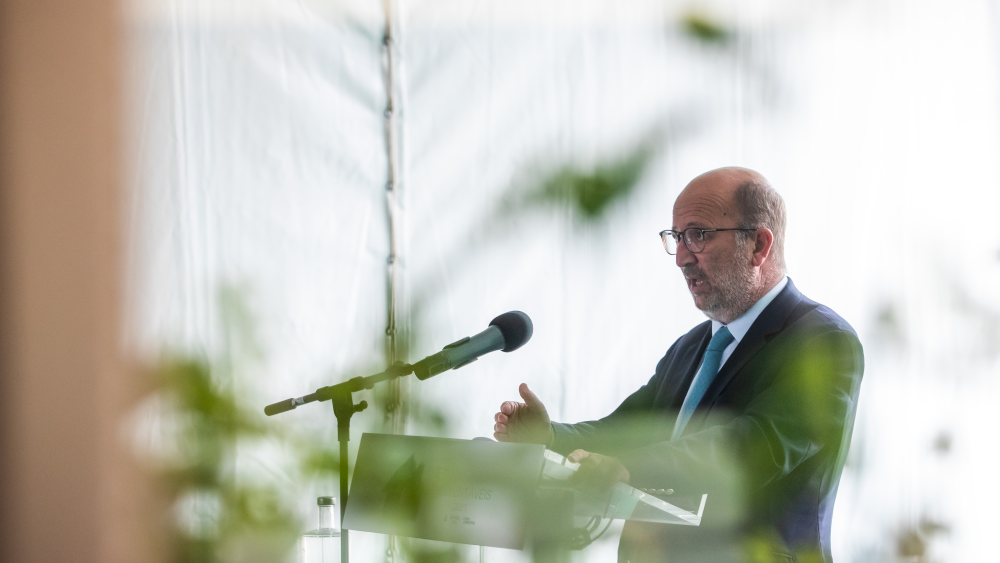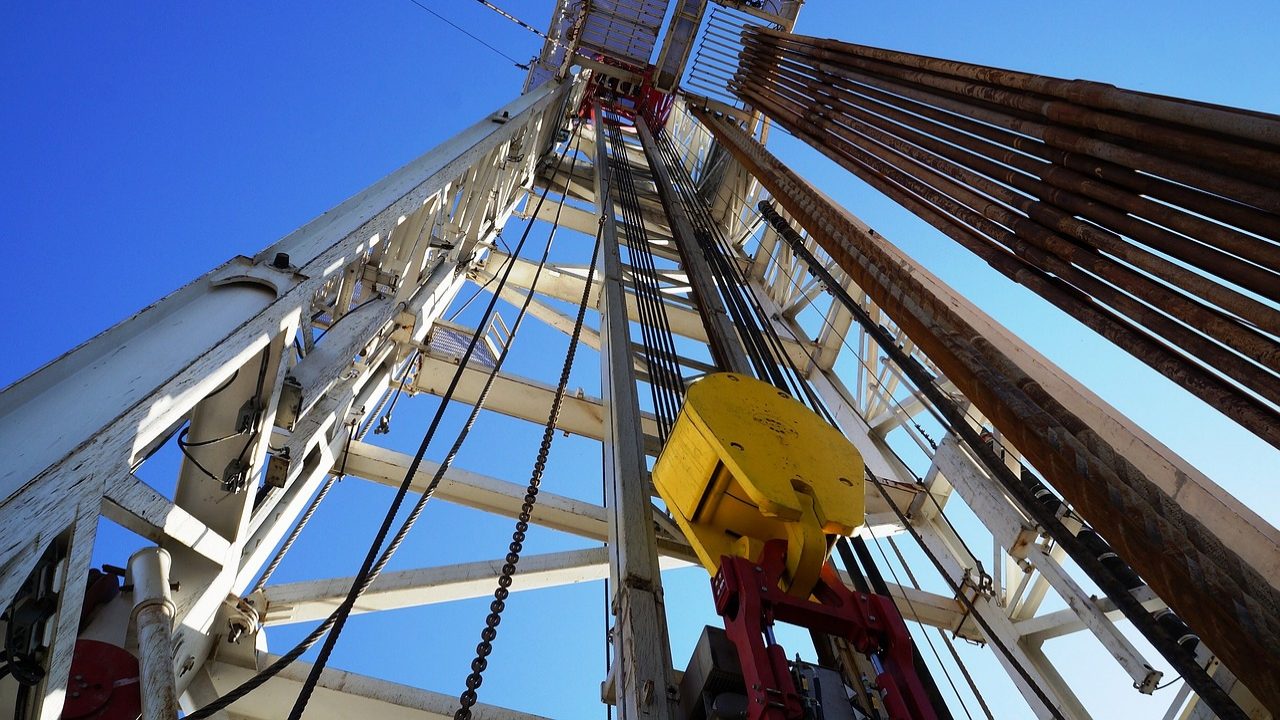Portugal has the lowest gas storage level in Europe
According to ENTSOG data, Portugal now has 1.78 terawatt-hours (TWh) of stored energy, out of a total capacity of 3.57 TWh.
Portugal is currently the European Union (EU) country, of the 18 that have gas storage, with the lowest reserves, which are around half, according to the European Network of Transmission System Operators Gas (ENTSOG).
In a document with supply prospects for this winter, dated the beginning of October and to which Lusa had access on Thursday, ENTSOG said that gas storage levels in Portugal are at 49.82%, the lowest level in the EU.
According to ENTSOG data, the country now has 1.78 terawatt-hours (TWh) of stored energy, out of a total capacity of 3.57 TWh.
Following Portugal, the lowest levels of gas storage are in Austria (53.25%), the Netherlands (58.39%) and Germany (67.96%), below the European average of around 75%.
In terms of absolute gas storage volumes, the largest are located in Italy, Germany, France and the Netherlands.
At the beginning of this month, the total underground gas storage capacity in the EU was 831 TWh, compared to 1,053 TWh in the same period in 2020.
“Compared to previous years, Germany, the Netherlands and Austria have a low level of storage,” ENTSOG points out, indicating that these three countries, which represent 42% of the European storage capacity (470 TWh), experienced “limited reinforcement during the summer”.
Nevertheless, “the EU’s gas infrastructure has been fully operational and functioning”, the European network said.
The body also said these levels could increase over October, as the storage reinforcement season generally continues in some countries until November 1.
The conclusion comes at a time of escalating prices in the gas market due to greater reliance on imports and higher demand. This scenario threatens to exacerbate energy poverty and cause difficulties in paying heating bills this winter.
Current gas storage levels in the EU are just above 75%, which is still lower than the average over the past 10 years of around 90%.
Not all member states have gas storage facilities and those that do have them use them differently.
On Wednesday, in a communiqué on energy prices, the European Commission urged EU member states to analyse “potential benefits” of a voluntary joint purchase of gas reserves at a time of energy crisis.
In the document, Brussels indicated that it will “explore the possible benefits of joint procurement of gas reserves by regulated entities or national authorities to enable pooling of forces and creation of strategic reserves.”
In addition to this action, the institution wants to “adopt a delegated act creating new cross-border regional gas risk pools,” according to the communication.
Next December, the EU executive will present a package of initiatives on the energy sector and may intervene regarding the purchase and storage of gas to bolster EU reserves.


